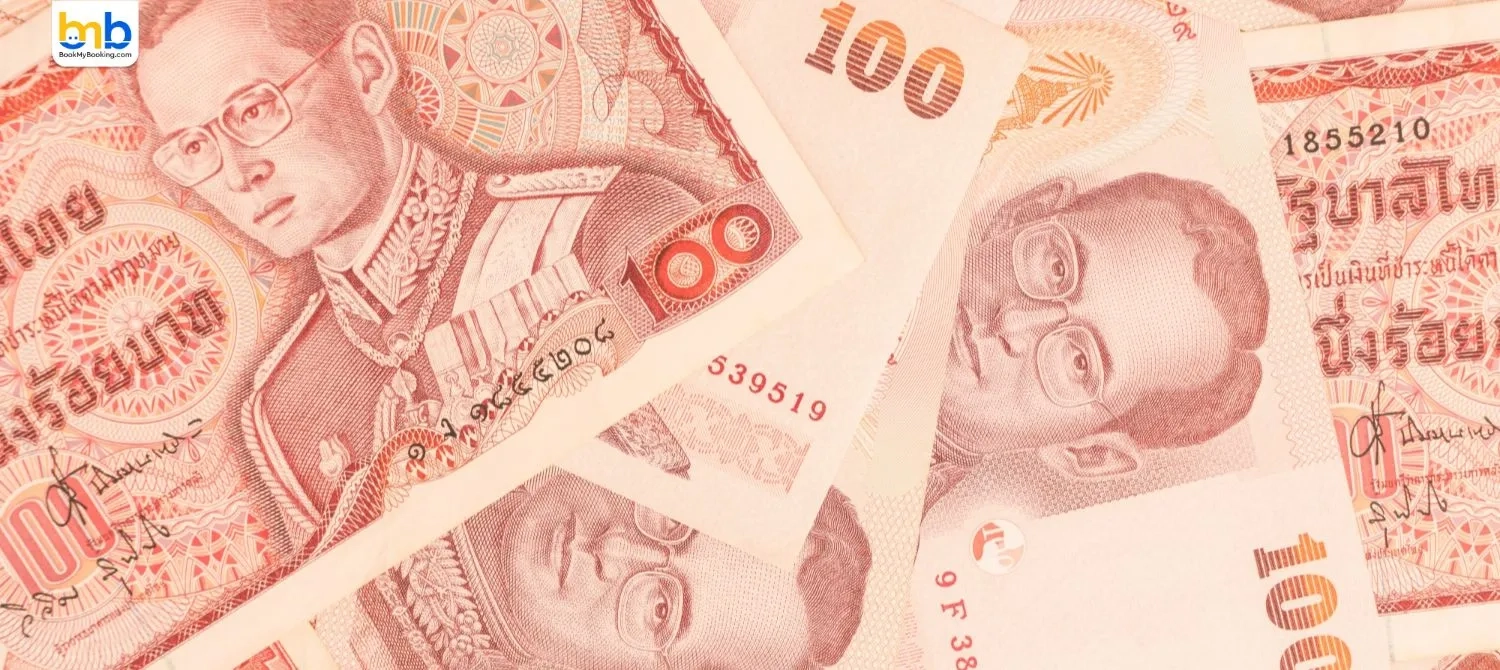Thailand's Baht has surged 8 per cent against the US dollar in 2025, reaching a four-year high. This appreciation threatens the country's exports and tourism sectors, key drivers of the economy. The new government led by Prime Minister Anutin Charnvirakul faces pressure to address the strong baht, which is impacting manufacturers' competitiveness and potentially deterring tourists.
The strengthening of Thailand's currency to a four-year high poses a threat to experts and the tourism sector, two key drivers of growth for the struggling economy. It presents a significant economic headache for the incoming government of Prime Minister Anutin Charnvirakul. The baht is up 8 per cent against the US dollar this year, the second-largest gain among Asian currencies, behind only the Taiwan dollar.
"A strong baht reduces export and tourist revenue via both pricing and volume effects," said Kobsidhthi Silpachai, head of Capital Markets Research at Kasikornbank. "The baht's strength comes at a bad time ahead of the peak tourist season, which is likely to prompt holiday makers to shop elsewhere for better value."
Southeast Asia's second-largest economy is struggling with US tariffs as well as sluggish consumption, with households mired in debt. The state planning agency forecasts economic growth of 1.8 per cent to 2.3 per cent this year, lower than last year's 2.5 per cent expansion, which already lags behind regional peers. A rare bright spot has been exports, which have seen a value increase of 14.4 per cent annually in the first seven months. A slowdown is now expected following the imposition of a 19 per cent tariff by the United States, Thailand's largest export market.
Faced with a stronger baht, Thai manufacturers are also struggling to compete with regional rivals, such as Vietnam, despite having a marginally higher tariff rate of 20 per cent.
Instead of benefiting from the tariff gap, the strong baht ultimately puts us at a disadvantage in exports. That's why many industries are complaining," said Nava Chantanasurakon, Vice Chairman of the Federation of Thai Industries.
"If we do not address the baht issue, confidence in exports will drop."
Industries that are particularly feeling the pain include the electronic parts industry and the automotive sector, he said. Thailand is a regional auto production and export hub for top Japanese carmakers such as Toyota and Honda, as well as dominant Chinese EV brands. The other risk is to the vital tourism sector, which is already grappling with a 7 per cent on-year decline in foreign arrivals. Theinprasit Chaiiyapatranun, president of the Thai Hotels Association, said that a stronger baht hadn't significantly impacted hotel bookings or the broader tourism sector so far, but that could change.
"If the baht remains strong for an extended period, such as continuing into next year, there will likely be an impact," he said.
The baht's rally occurs during a change of government and at the Bank of Thailand. Outgoing Central Bank Governor Sethaput Suthiwartnarueput said on Tuesday that discussions are now underway to find and implement measures to counter the currency's strength. Prime Minister Anutin, whose cabinet is yet to take charge, has also said he will tackle the baht's appreciation.
"The prime minister is listening," said Nava of the Federation of Thai Industries. We don't want to see the government interfere with the central bank, but find a way for better coordination."
#bookmybooking #thailand #currency #baht #tourismupdate #currencyvalue



